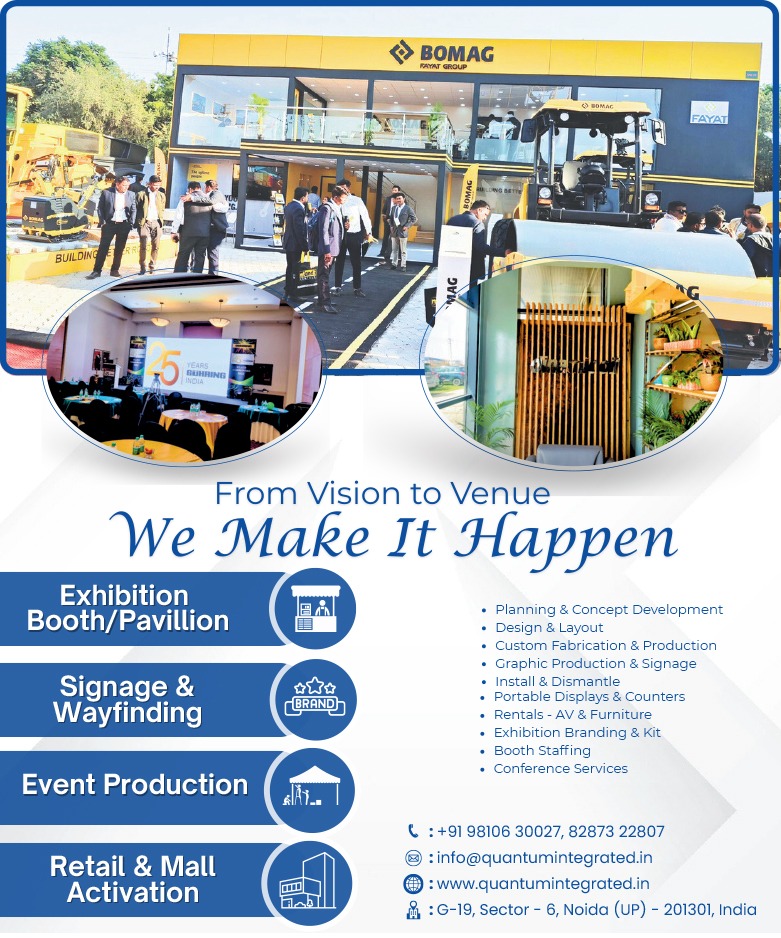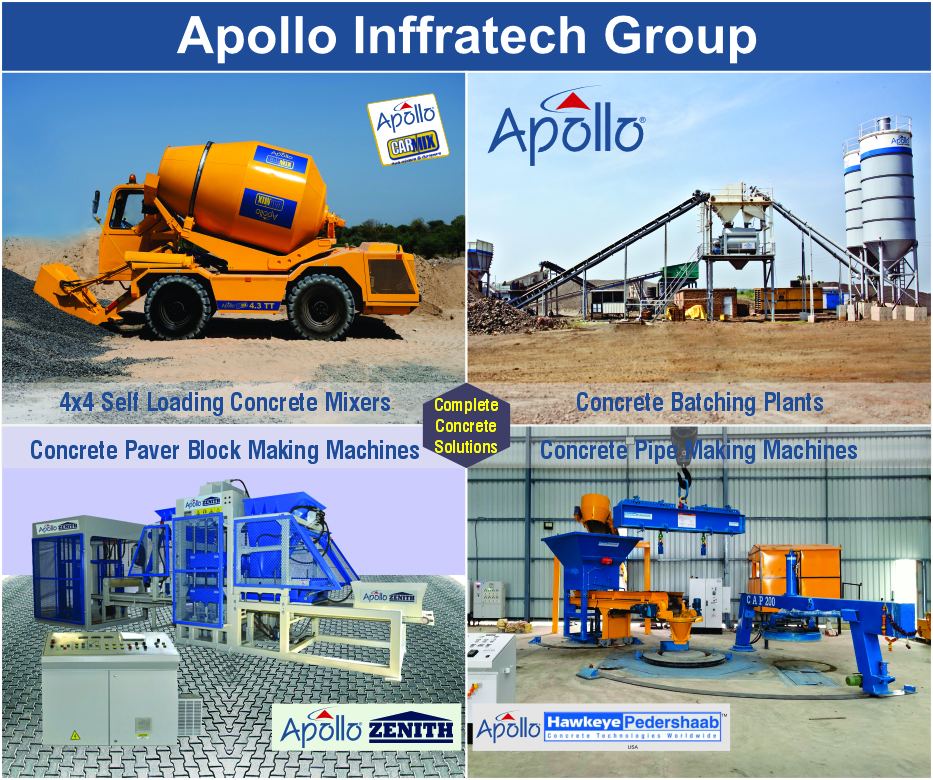An industry report explores how artificial intelligence (AI) is transforming the architecture field by streamlining workflows from design through construction. The piece highlights that AI-driven generative design tools enable architects to iterate conceptual layouts rapidly, reducing early-stage design time by up to 40 percent. It also describes how AI integration within Building Information Modeling (BIM) platforms facilitates real-time collaboration among architects, engineers, and contractors, leading to more efficient project planning.
Machine learning algorithms are being used to predict structural challenges before construction begins, minimizing costly errors and safety risks on site. AI-based analytics optimize material selection and energy performance, ensuring that buildings meet sustainability and green-building standards. Leading architecture firms are adopting virtual reality platforms powered by AI to enable immersive client walkthroughs, accelerating approval cycles and enhancing stakeholder engagement.
According to the report, as AI capabilities advance, the gap between digital planning and physical construction continues to narrow, reshaping industry practices and setting new standards for efficiency and innovation. Early adopters of AI gain competitive advantages through cost savings, higher design quality, and faster project delivery. Experts believe that widespread integration of AI will redefine traditional workflows, ultimately revolutionizing how structures are envisioned, engineered, and erected.








